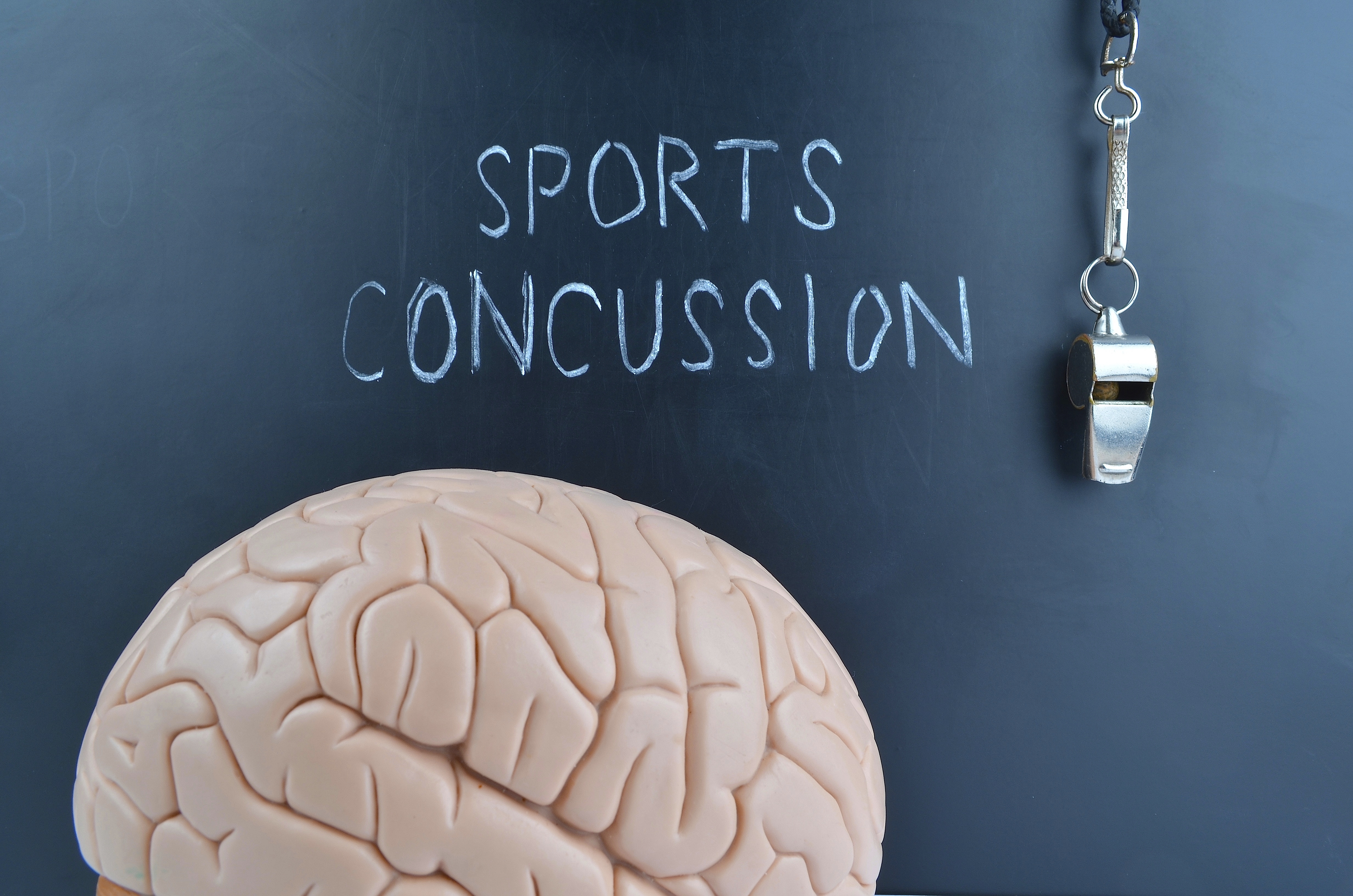On December 2, 2019, the NCAA filed a reply memorandum in support of its motion for summary judgment against former American University student-athlete, Jennifer Bradley. In April 2014, Bradley filed suit against the NCAA, American University, and other entities and individuals. Bradley alleged the defendants breached their duty of care after she suffered a head injury while competing in a NCAA field hockey match.
During a September 2011 match, Bradley was hit in the head with a hockey stick. She soon began to experience signs and symptoms of a concussion. She reported this to her coaches but was permitted to continue competing in matches and practices. She alleges that this permissive conduct caused her delays in receiving proper treatment and caused long-term health issues.
In its memo, the NCAA argues that it did not owe a duty to Bradley because the medical professionals that treated her were not NCAA employees. Further, the NCAA states that it was not involved in any diagnosis Bradley received. The organization also stresses that it has a relationship with member schools and not individual student-athletes, which is outlined in the NCAA guidelines.
Notably, the NCAA proclaims that, “at no point did Ms. Bradley or her physicians communicate with [the NCAA] about [Bradley’s] symptoms, injuries, medical history, or otherwise.” The NCAA argues that Bradley assumed the risk of injury by participating in field hockey and voluntarily participated with knowledge of the inherent dangers associated with the sport.
To support this argument, the NCAA points to American University’s concussion statement that Bradley signed. According to the statement, student-athletes are required to “immediately [report] symptoms of a head injury/concussion to Sports Medicine Staff.” Bradley reported the conduct but continued to participate in the sport. Her continued participation the NCAA argues, contributed to her own injuries and failure to mitigate further damage.
The NCAA claims that Bradley waited approximately one week after suffering the alleged injury to notify her coaches and team medical staff. Although she did report the symptoms, she did not do so within the timeframe required by the concussion statement. Therefore, the NCAA argues Bradley’s conduct is contributory negligent as she did not exercise reasonable care in response to her injury.
In addition, the NCAA asserts that Bradley failed to mitigate damage due to her failure follow the concussion statement. In essence, the NCAA argues that it has “no legally recognizable duty to Plaintiff, it did not breach any duty even if one were owed.” Even if the court finds that it did owe Bradley a duty, the cause of Bradley’s injuries were the “alleged concussion itself and failure to diagnose,” both of which are not attributable to the NCAA. The motion is before the U.S. District Court for the District of Columbia. We will continue to monitor this case and provide an update after the court rules on the motion.

